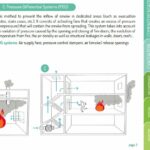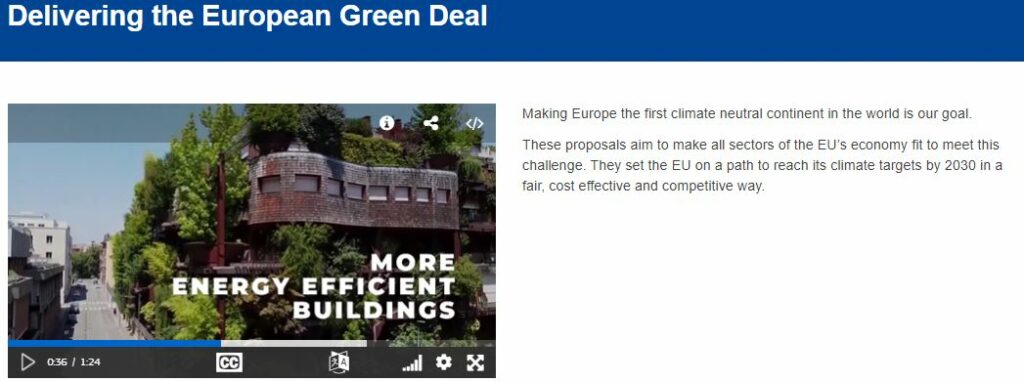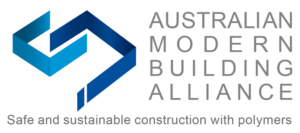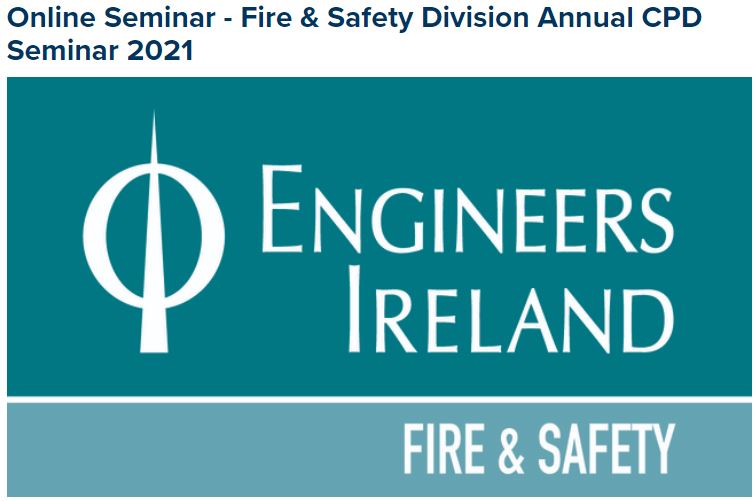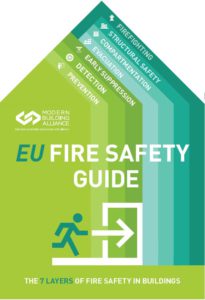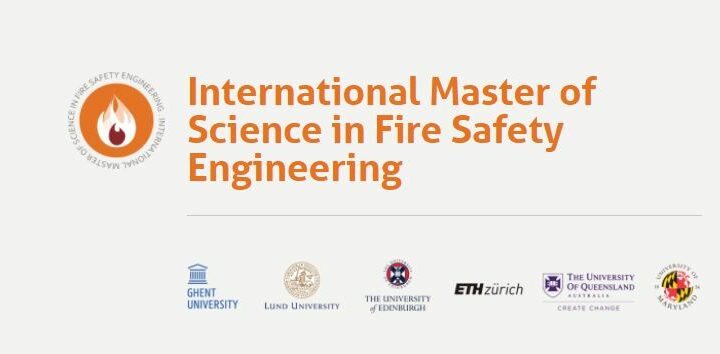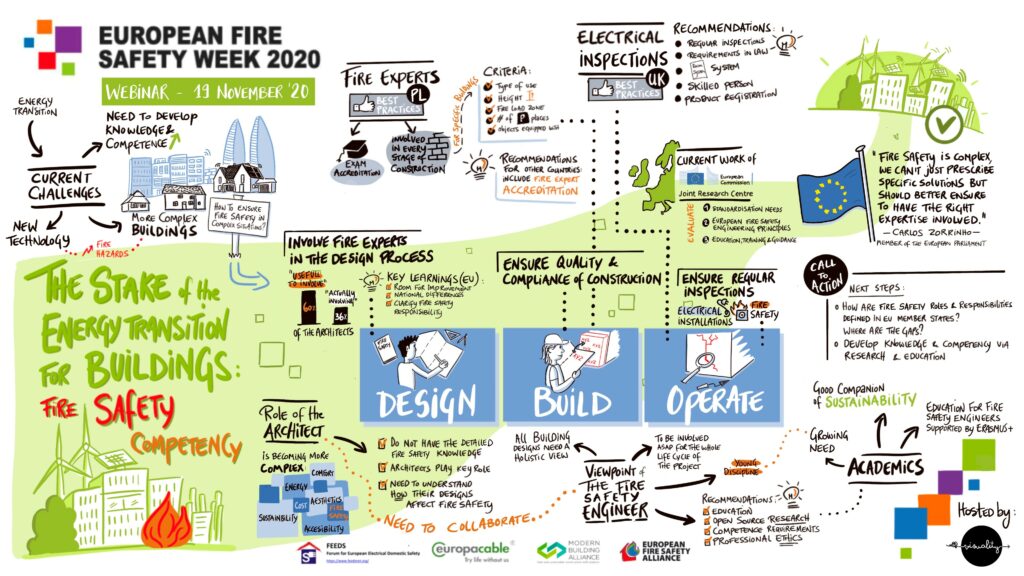Fire Safety and the New EPBD
15 December 2021
The revision process of the Energy Performance of Buildings Directive (EPBD) started yesterday with the publication of a proposed text by the European Commission.
The new EPBD must fit with the European Green Deal Strategy and the Fit for 55 package aiming to decarbonise the buildings sector by 2050.
As mentioned by Commissioner for Energy, Kadri Simson, ‘Buildings are the single largest energy consumer in Europe, using 40% of our energy, and creating 36% of our greenhouse gas emissions. That is because most buildings in the EU are not energy efficient and are still mostly powered by fossil fuels. We need to do something about this urgently, as over 85% of today's buildings will still be standing in 2050, when Europe must be climate neutral. Improving our homes is also an effective response to high energy prices – the worst-performing buildings in the EU consume many times more energy as new or properly renovated ones. And it's often the most vulnerable who live in the least efficient houses and therefore struggle to pay the bills. Renovation reduces both the energy footprint of buildings and the energy costs for households, while also boosting economic activity and job creation.’
The Commission’s proposal sets buildings on a path towards decarbonisation. This should be done via highly energy-efficient building envelopes and decentralised renewable energy production alongside making them fit the energy transition, which means supporting much greater electrification of the mobility services (charging points for cars, bikes, etc.). Such evolutions can entail fire risks – and consequently, require expertise and know-how to manage them.
The Modern Building Alliance welcomes the wording in the proposal that considers that fire safety should be looked at holistically, together with other elements, when improving buildings. We believe such considerations should focus on:
- Fire safety as a prerequisite to any sustainability considerations because involving skilled and competent professionals will ensure the quality and compliance of building design, construction and renovation;
- Making regular inspections of electrical systems a much more common practice because electrical inspection regimes will ensure the evolution of the energy system to be fully ready to transit.
The Own Initiative on the Implementation of the EPBD supports our call for regular inspections of electrical systems and goes a step further to ensure smoke management in case of fire (full details in this article).
On top of this, the European Commission put the topic of batteries on the agenda of the Fire Information Exchange Platform meeting in April 2021. The aim was to exchange with member states representatives and stakeholders how to deal with fire safety with new electrical cars.
The topic of fire safety in the context of the renovation wave was also on the agenda of the European Fire Safety Week. Access line up, recording and presentations
Additional information:
RELATED CONTENT
B.I.O. Framework
